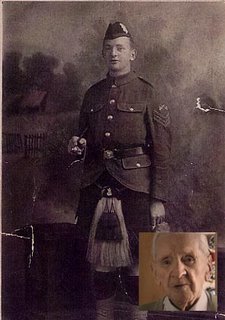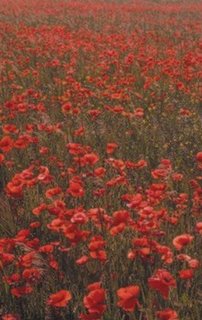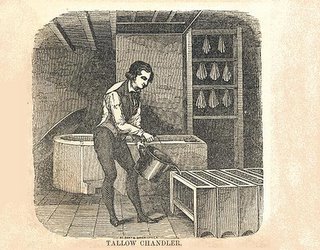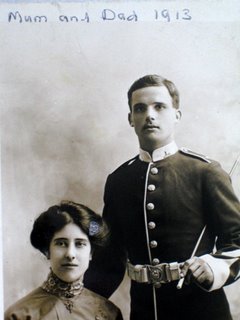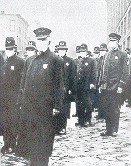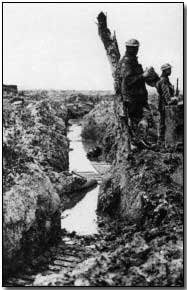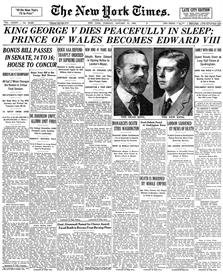Khartoum 1929, Part 2
 I posted earlier about Walter's last tour of duty, Khartoum. He continues his description of his time there:
I posted earlier about Walter's last tour of duty, Khartoum. He continues his description of his time there:General Gordon’s Palace was close by to our barracks, and a guard was always on duty there. That was where he was assassinated by the Dervishes. Lord Kitchener took out an Expeditionary Force to avenge his death, and that is how the Battle of Omdurman was fought. The Mahdi, or the “Mad Mullah” as he was known by, was [?] Lord Kitchener relieved Khartoum from the Dervishes. I had performed guard duties many times during my tour of duty there. It was a very impressive place to look over. All kinds of weapons hung on the walls, and the broad steps leading down to the ground floor where General Gordon was speared to death. He was a very religious man. There are many homes names after him which are solely used for the widows and the children of soldiers who have served in the British Army. The Gordon Boys’ Home, so called.
In February 1930 our regiment entrained for Port Sudan to go on board the troopship Devonshire. I am quite accustomed to life on these vessels. We carried out physical exercises on deck to keep fit and carry out marching and running exercises around the decks. In our spare time, we used to play various games. Housey Housey, or Bingo as it is called now, and an old soldiers’ game, Crown and Anchor. That was a game I avoided. The weather was very rough at this time of year. The old ship kept tossing and pitching, and it was difficult to keep on one’s feet. It was a healthy trip though, and everyone was glad when we landed in Southampton.
I had been abroad from 1919 September to March 1930. 10 ½ years.
So Walter's army days were numbered as he landed in Southampton - he would officially re-join civilian life in June 1930. (Wonder why he avoided the "old soldiers' game, Crown and Anchor"? I can't find out what it was, exactly.)
Here's a famous account of the death of General Gordon written in 1914 by Alfred Egmont Hake and a brief biography here.
